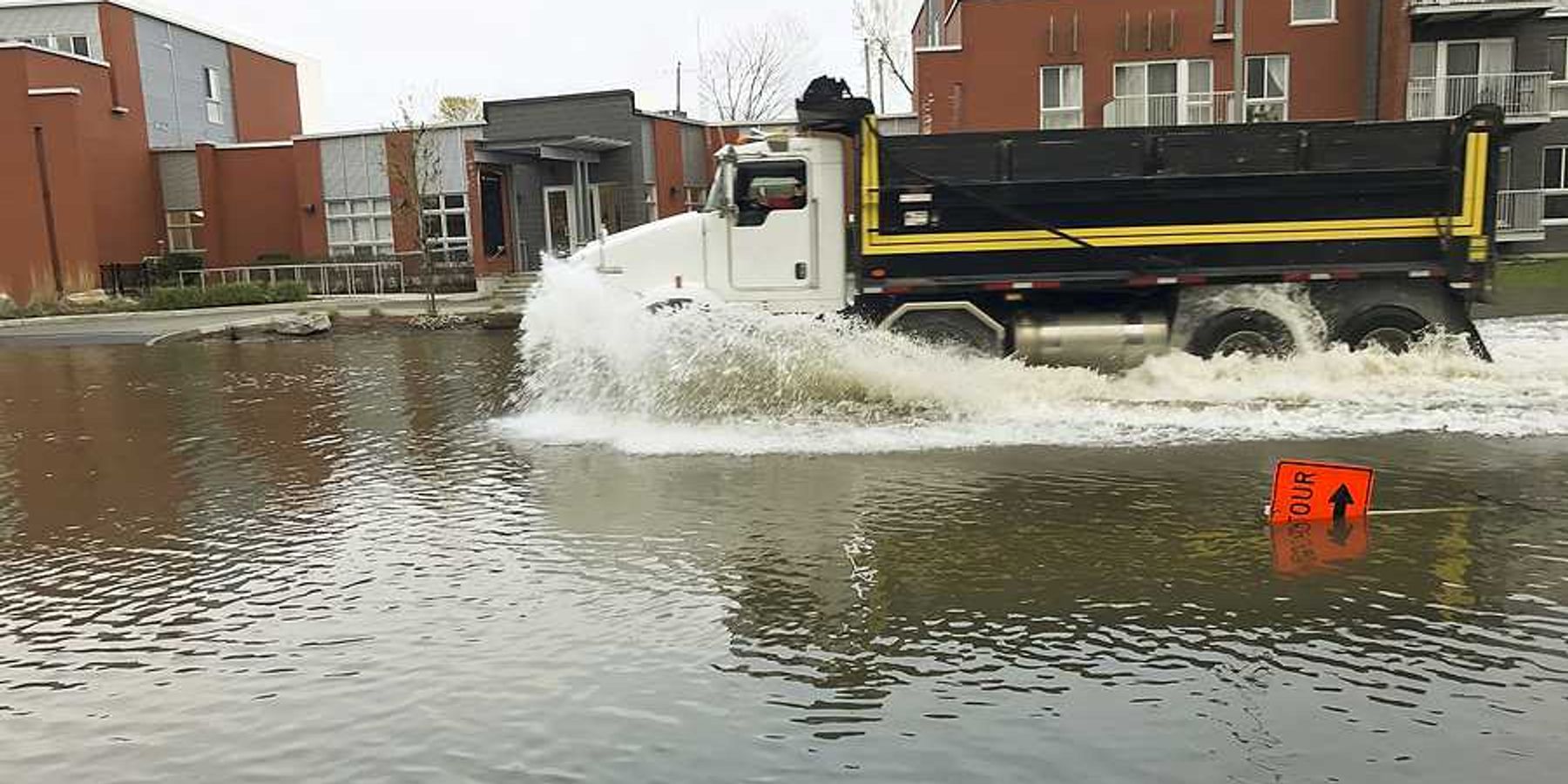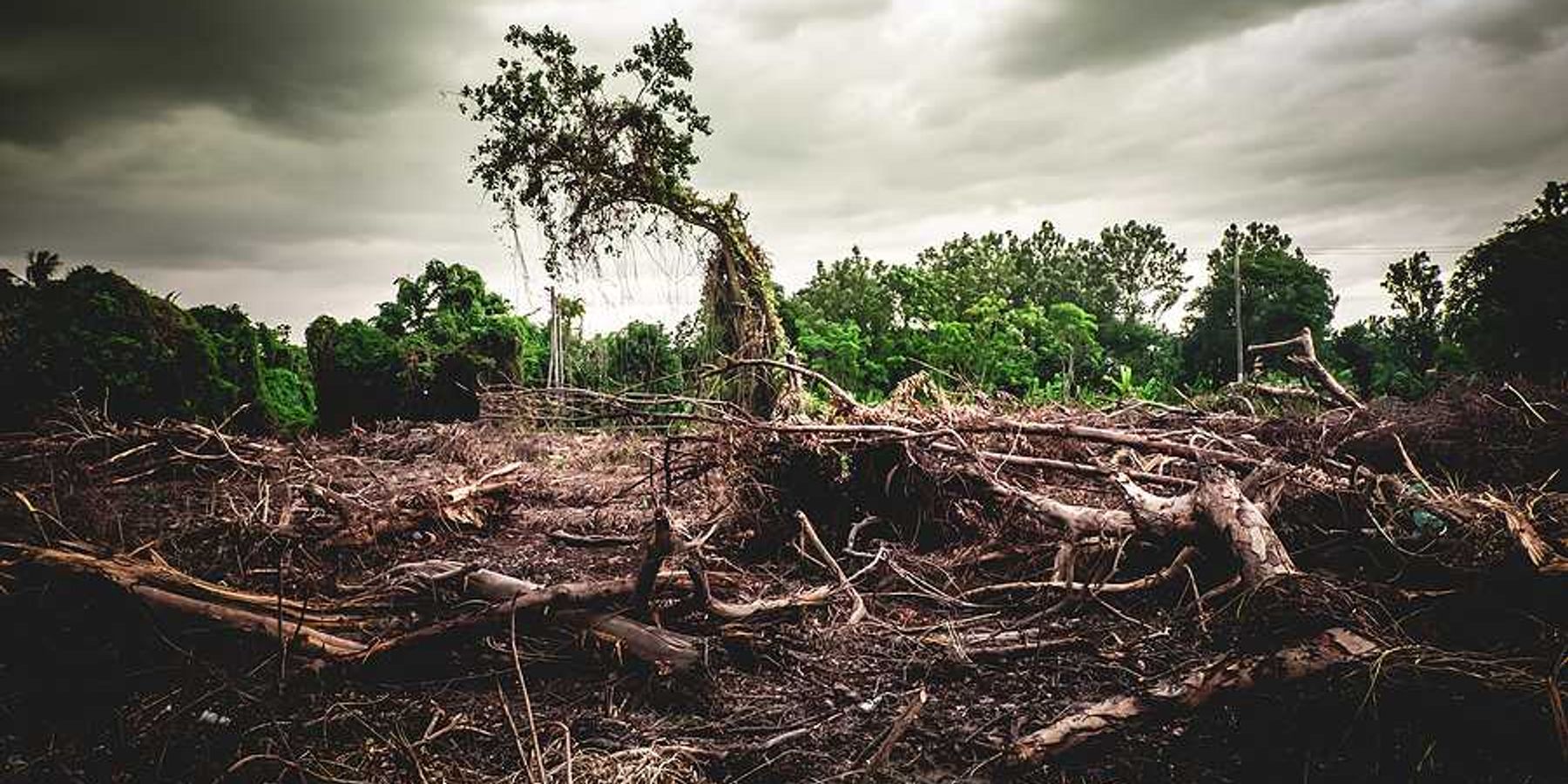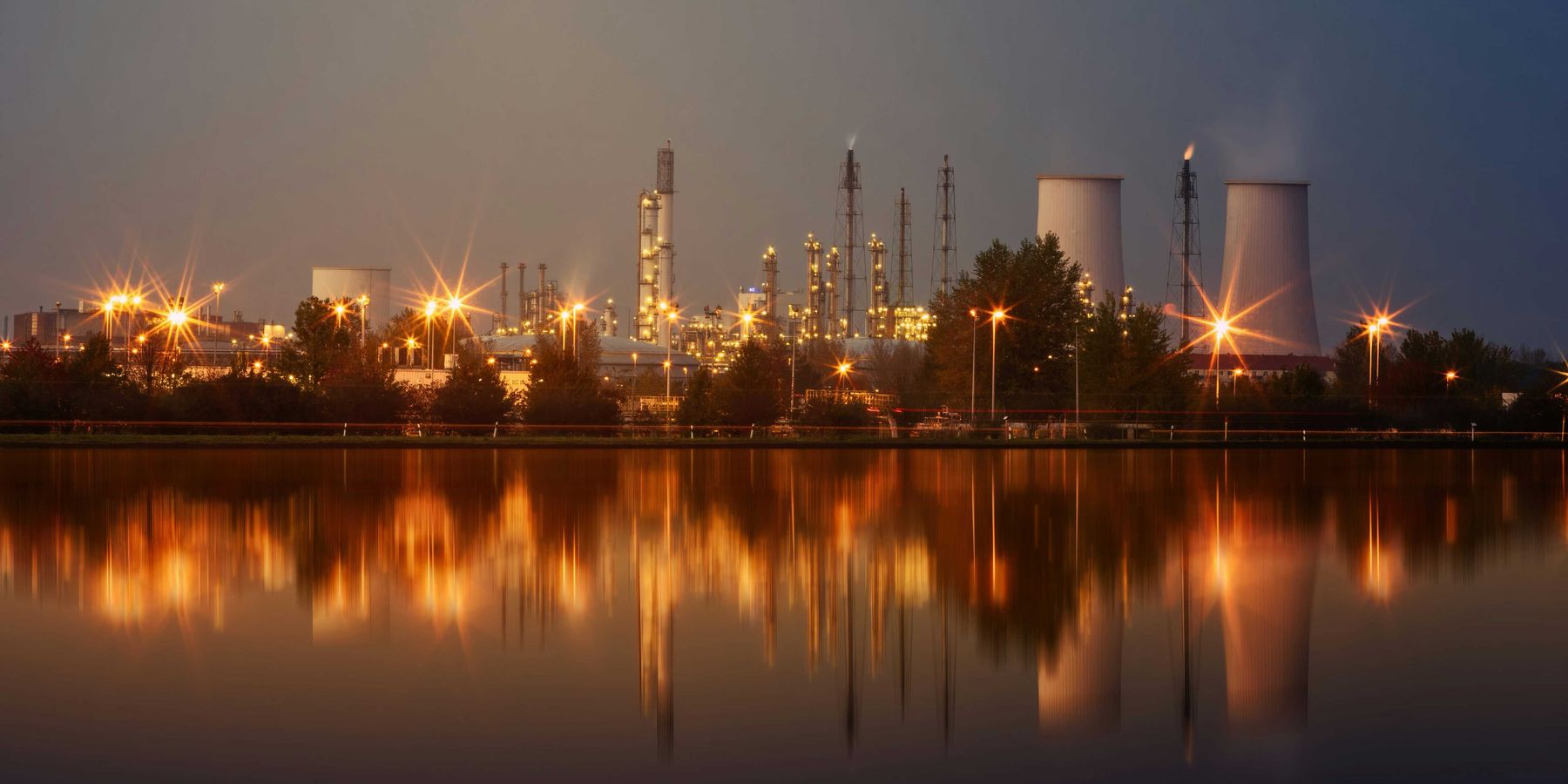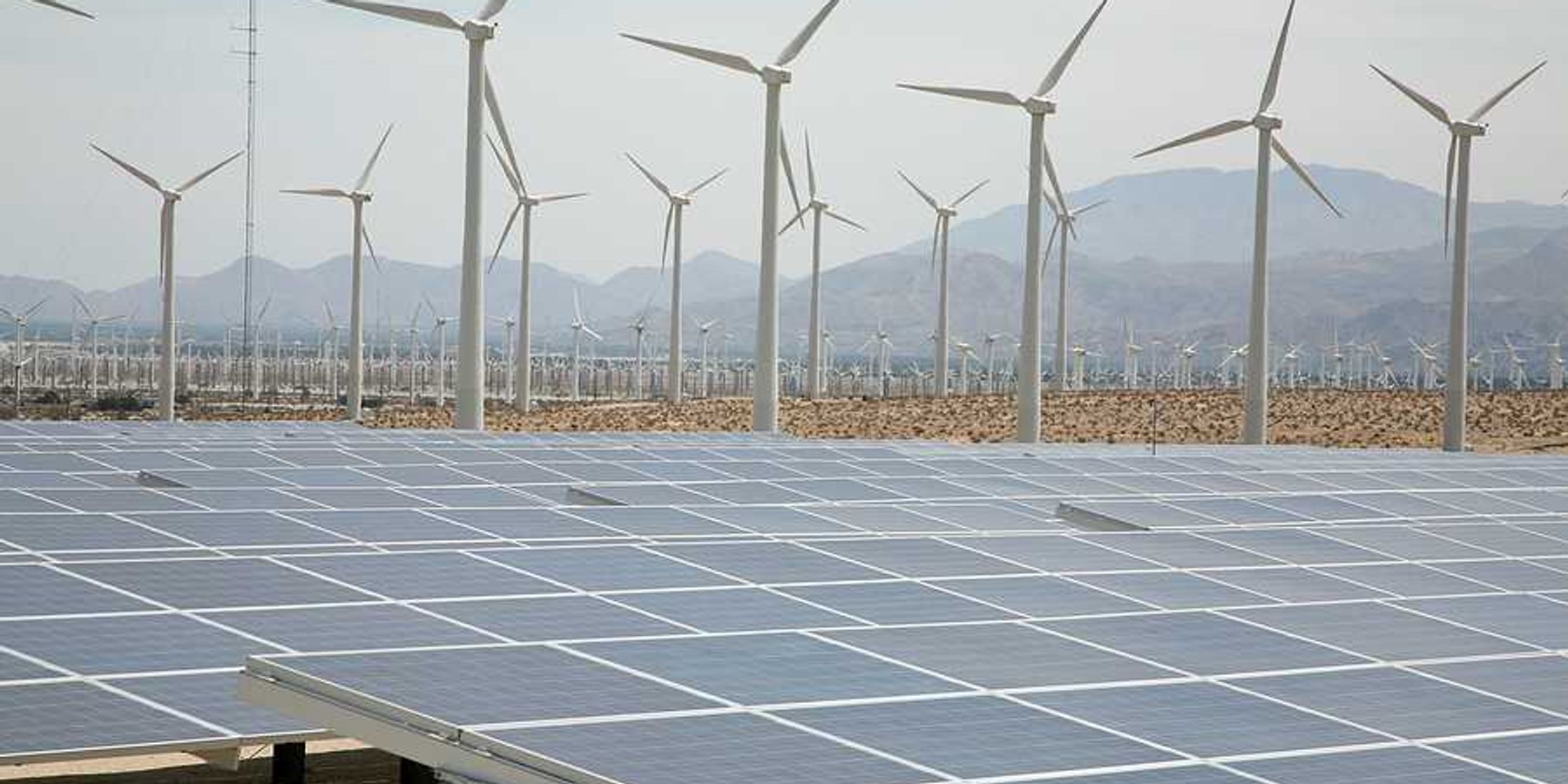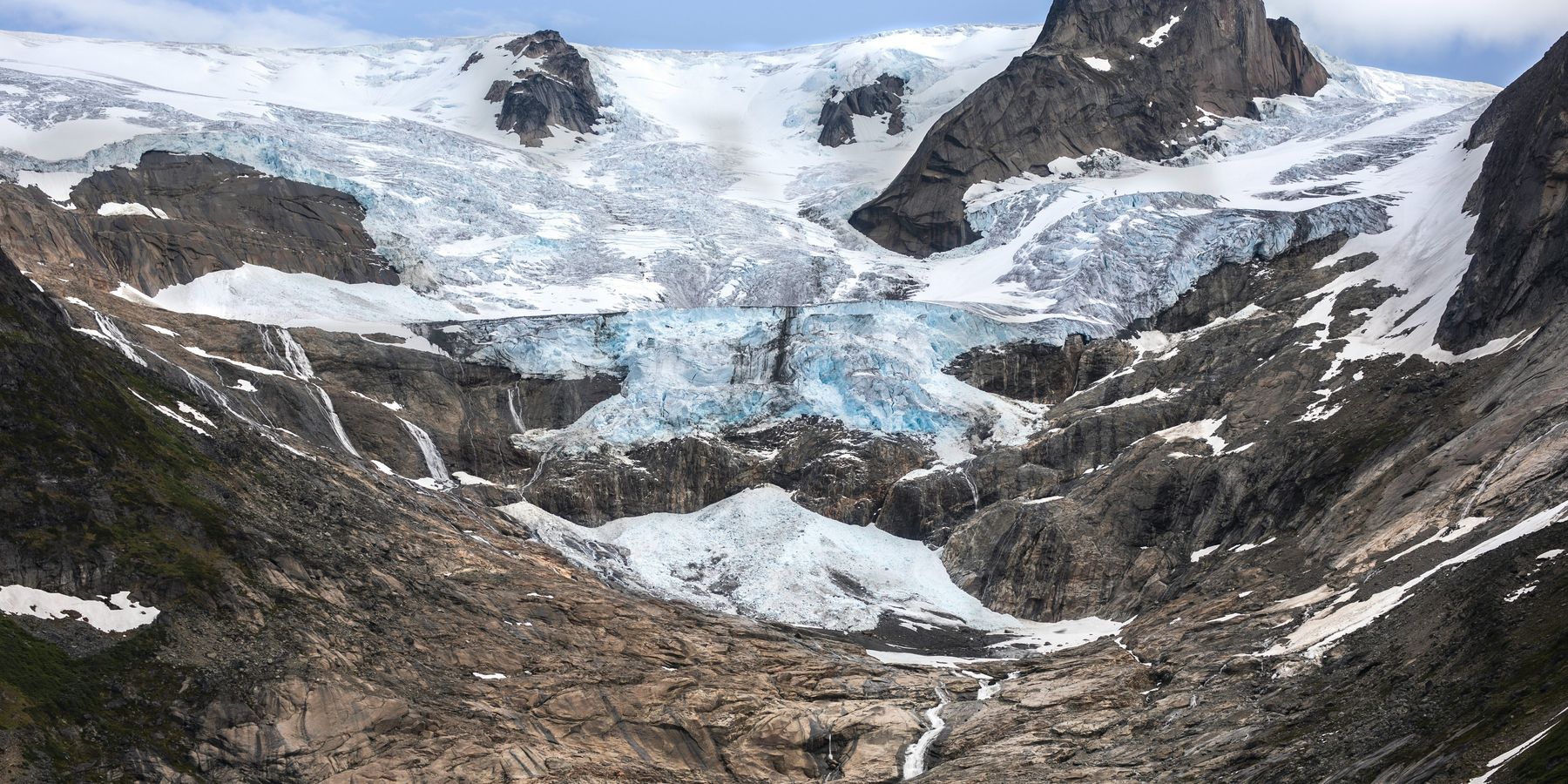Public trust in science faces political challenges
Recent studies reveal that while overall public confidence in scientific institutions has slightly rebounded since the pandemic, political divisions have deepened, with Democrats exhibiting higher trust levels than Republicans.
Claudia López Lloreda reports for Undark.
In short:
- Despite initial concerns, research indicates that attacks on science during Trump's first term did not significantly erode public trust; some segments even reported increased confidence.
- Surveys show a widening partisan divide: Democrats' trust in science remains high, whereas Republican confidence has notably decreased, especially post-pandemic.
- Experts warn that political and economic entities are exploiting scientific topics, such as climate change, to advance their agendas, potentially fostering further mistrust.
Key quote:
"Republican politicians have successfully mobilized the conspiracy and resistance to scientists — and not just scientists, but government agencies that represent science and medicine and nutrition.”
— Rod Abhari, Ph.D. candidate at Northwestern University
Why this matters:
Rebuilding public trust in science will require a multifaceted approach. Scientists and health officials could benefit from transparent communication, acknowledging uncertainties while clearly conveying consensus where it exists. Efforts to depoliticize science are important in ensuring that research and policy decisions are guided by empirical evidence rather than partisan agendas.
Read more:

